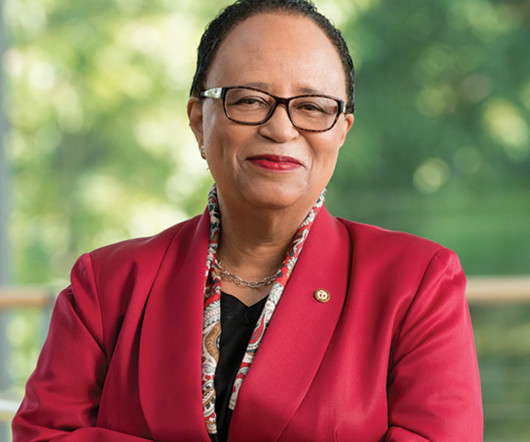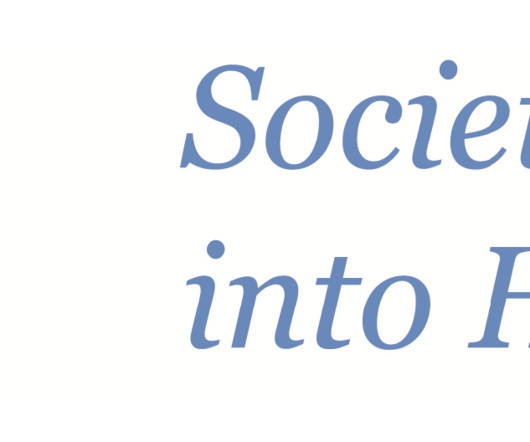What can private institutions do about the middle-class squeeze?
University Business
APRIL 30, 2024
Colby College in Maine has promised the Class of 2029 that middle-class students who enroll will find their private liberal arts degree more affordable than many in-state public institutions. ” Greene’s comments shed light on a more significant issue across higher education. Is aid a zero-sum game?












Let's personalize your content